According to the preliminary election results, these 8 parties hold a total of 313/500 seats in the House of Representatives, of which MFP leads with 152 seats and Pheu Thai ranks second with 141 seats.
With the above figures, Mr. Pita confidently talked about the possibility of forming a new government at a press conference in Bangkok on May 18. He added that Mr. Pita said that the 8-party alliance is trying to resolve differences between the parties so that the power transfer process goes smoothly, minimizing instability that could harm the country or the economy .
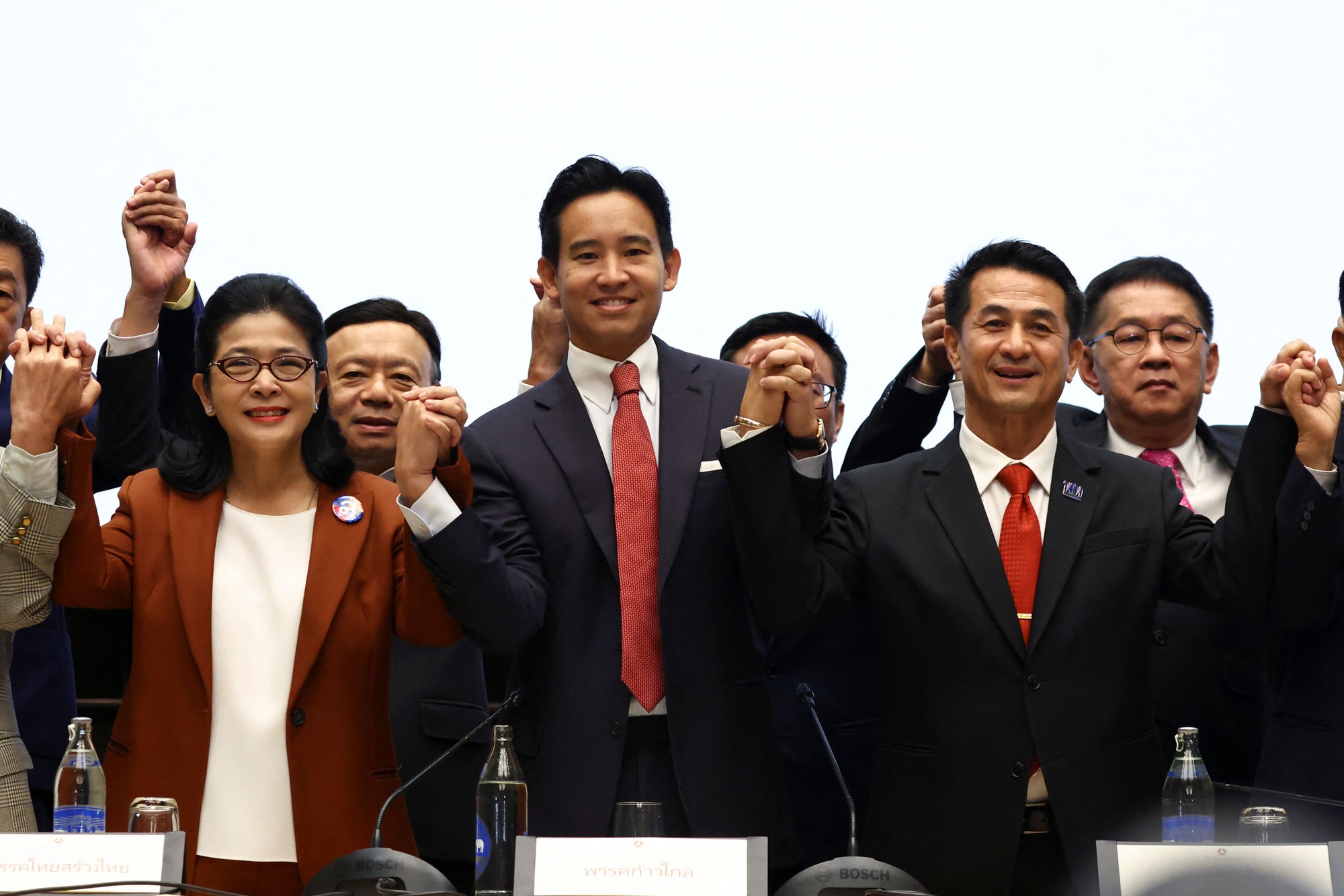
Forward Party leader Pita Limjaroenrat (front row, second from left) holds hands with leaders of coalition parties in Bangkok, Thailand, on May 18. Photo: REUTERS
However, the 313 seats are still short of the 376 seats needed to ensure Pita is elected as the next prime minister at a joint sitting of the 250-seat House of Representatives and Senate, expected to take place in July.
Mr Pita now faces a number of challenges on his path to becoming Prime Minister Prayut Chan-ocha's successor, including opposition from the majority of Senate members, conservative and pro-military parties.
Notably, according to Bloomberg , the Thai Pride Party (Bhumjaithai, ranked 3rd in the general election with 70 seats in the House of Representatives) confirmed that it would not support Mr. Pita as prime minister. The reason given was that this candidate came from a party that planned to amend the Lèse-majesté Law.
On this issue, Mr. Pita admitted that there were differences of opinion among the parties in the coalition but was confident that the parties would find common ground. The Pheu Thai Party said that this issue should be resolved in parliament .
Source








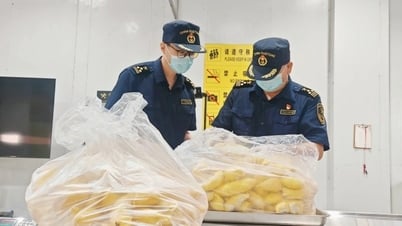


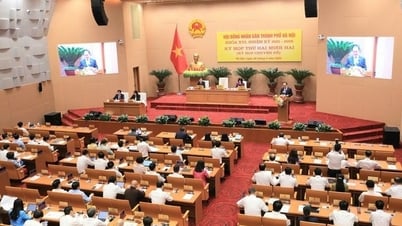


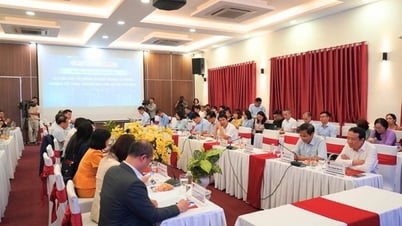








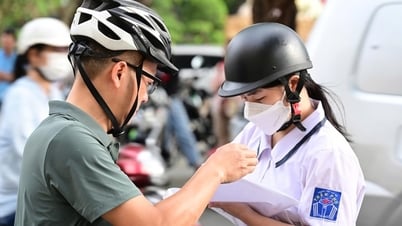


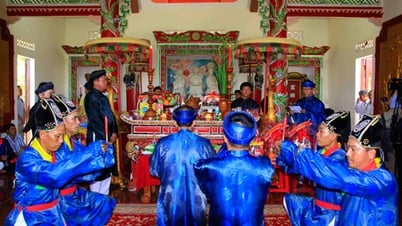





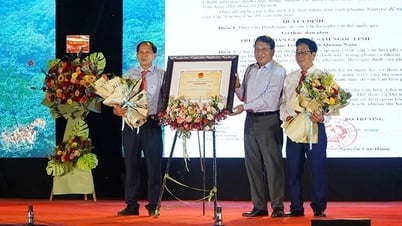





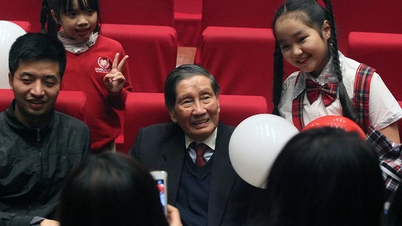















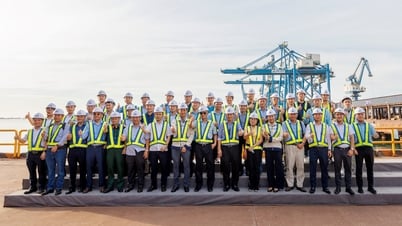



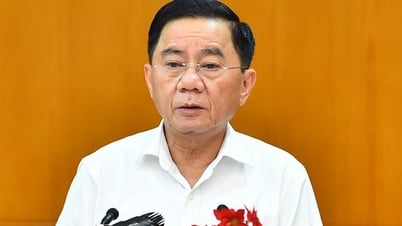

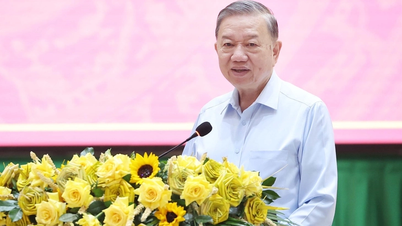
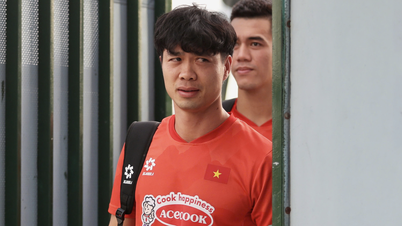







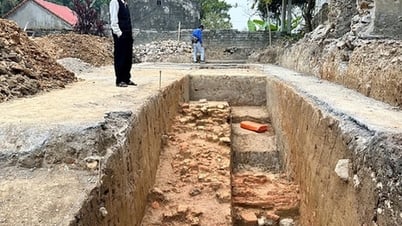


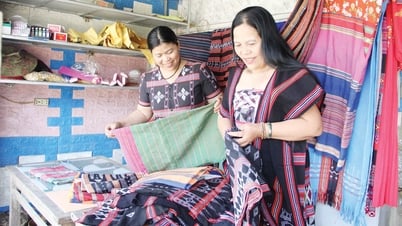



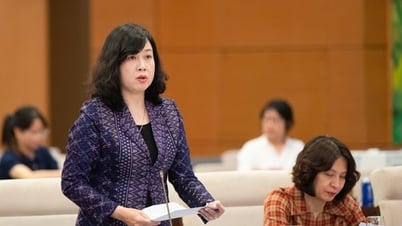






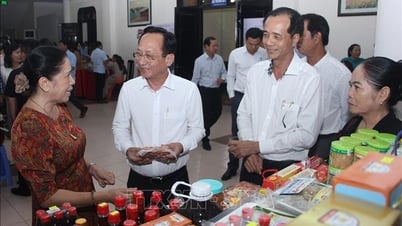








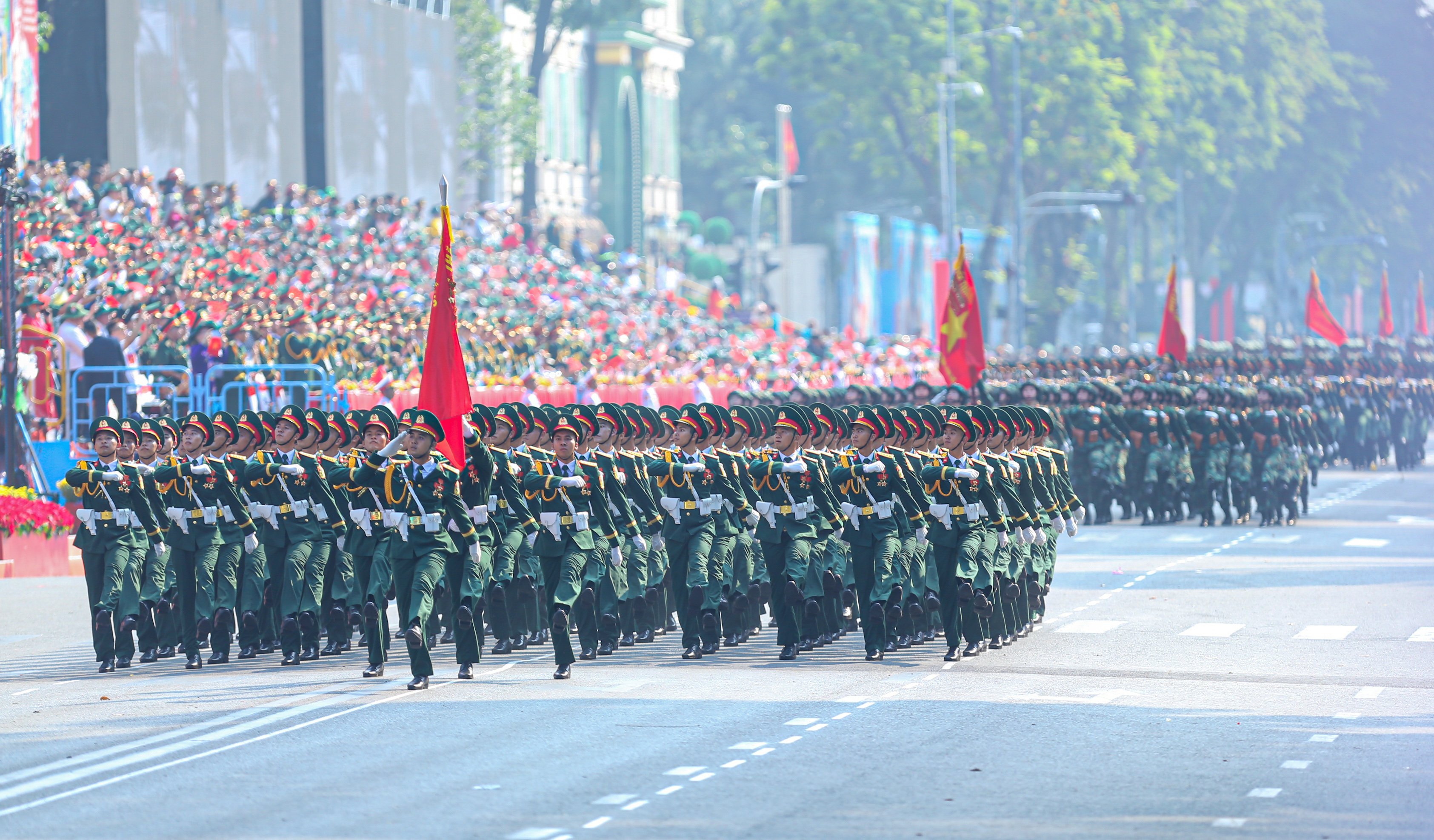
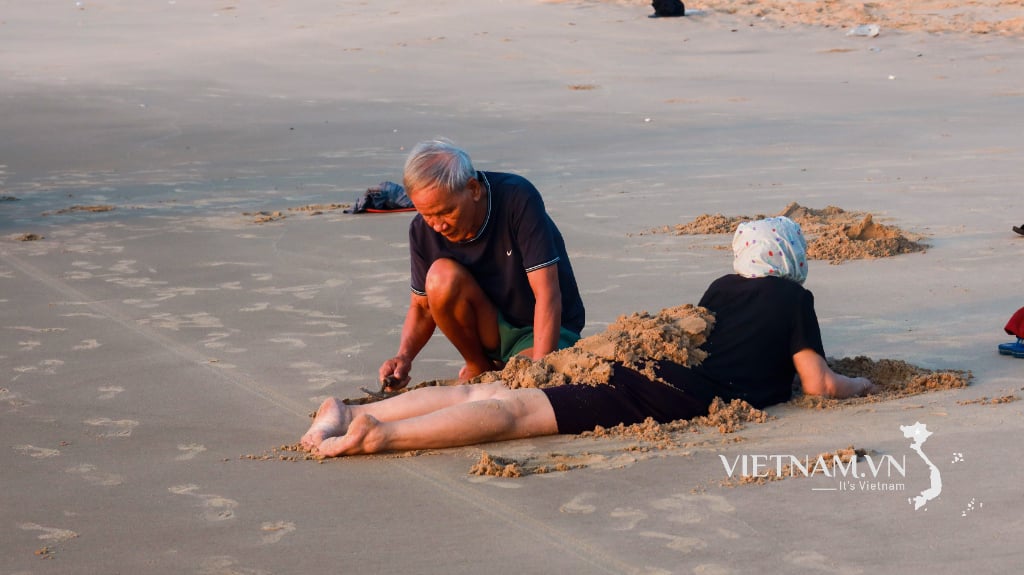

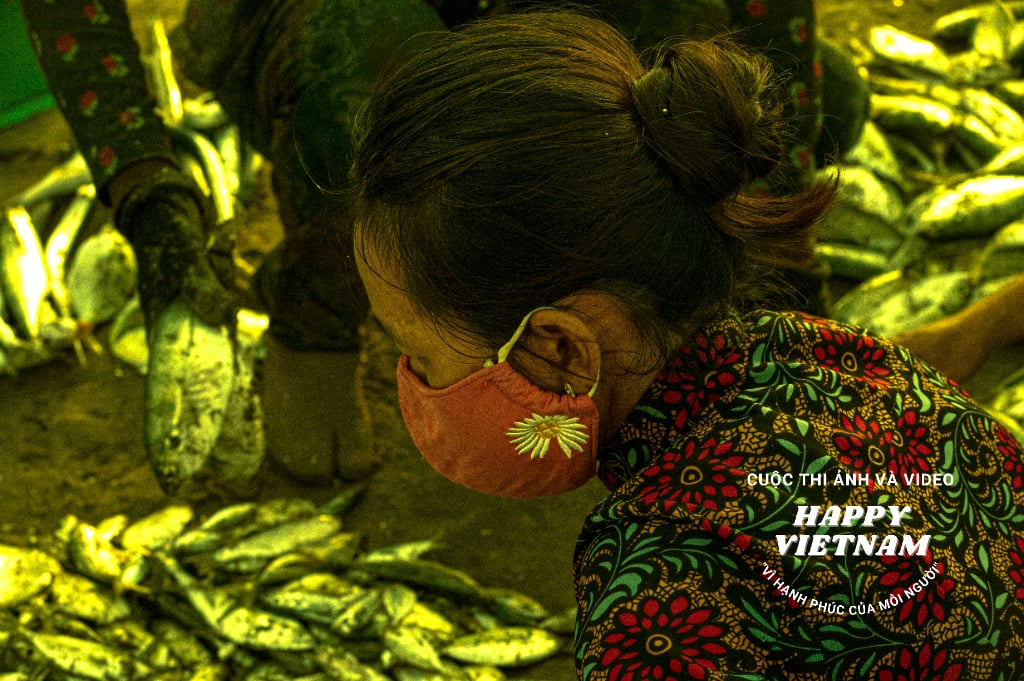
Comment (0)